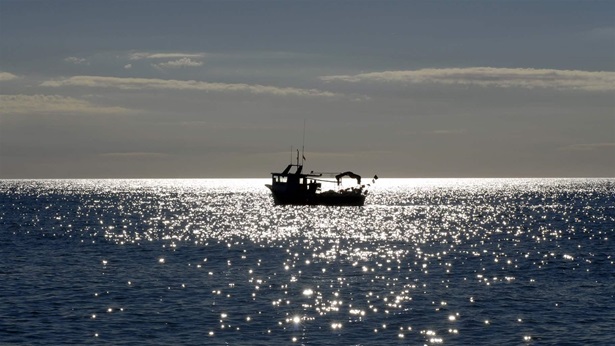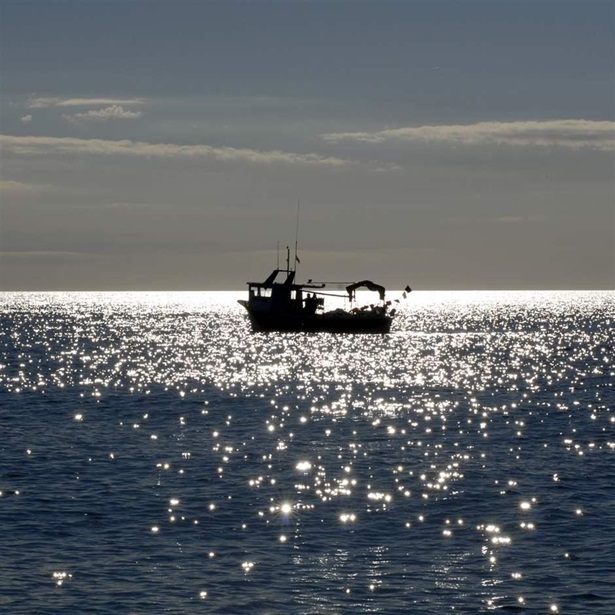To Improve Indian Ocean Tuna Sustainability, Managers Should Make Fundamental Changes
Compliance measures, oversight of fishing and procedural debate need improvement

The Indian Ocean Tuna Commission (IOTC)—a regional fishery management organization (RFMO) charged with oversight of valuable tuna populations, including Indian Ocean yellowfin and skipjack—has an opportunity at its upcoming annual meeting to significantly improve how it makes decisions. IOTC will meet 8-12 May in Mauritius and online, with numerous measures up for discussion that could lead to stronger, more equitable fisheries management. This is distinct from many past annual meetings that were defined by contentious negotiations over yellowfin, fish aggregating devices and implementation of catch reductions.
Specifically, IOTC can establish effective compliance mechanisms to ensure stronger enforcement of its management measures. The Commission should also make progress on yellowfin and skipjack by modernizing management for these species and commit to expanded observer coverage and electronic monitoring for tuna fleets.
Action needed to strengthen existing rules
Effective compliance regimes are the hallmark of strong RFMOs. Without the ability to ensure that vessels comply with rules or adequately respond when they don’t, managers are ill equipped to ensure the sustainability of fish stocks.
Encouragingly, the European Union has proposed a revision to the IOTC compliance system that would vastly improve the current structure, bringing it in line with other RMFOs and with the recommendations of global compliance experts. The IOTC should adopt this proposal to provide a clearer and more efficient approach to managing compliance, develop robust systems for data collection and reporting, and, perhaps most significantly, create ways to better respond to non-compliance.
Electronic monitoring can bolster observer coverage
IOTC requires on-board observer coverage on only 5% of longline vessels, well below the 20% coverage that scientists say is needed to ensure that managers have a representative view of what’s happening on the water. For example, insufficient coverage prevents the Commission from collecting adequate data for accurate stock assessments or evaluation of conservation and management measures. IOTC should support an incremental increase of observer coverage from 5% to 20% by 2025.
To better move towards this 20% goal and to further expand oversight and facilitate increased observer coverage, IOTC should embrace electronic monitoring (EM)—cost-effective programs that augment human observer coverage with technology to better assess catch, bycatch, fishing effort and compliance. Members of an IOTC working group have proposed new standards for EM, which would expand the use of these systems in member fleets and increase observer coverage options on the water. The full Commission should adopt their proposal, which would be the first of its kind among the world’s tuna RFMOs.
End overfishing of yellowfin tuna and set clear limits on fishing for skipjack
If IOTC is to be taken seriously as a steward of its fisheries resources, managers must take immediate action on several valuable tuna species, starting with Indian Ocean yellowfin tuna. This population has been overfished since 2015, but the Commission has been ineffective in rebuilding it. IOTC should immediately end overfishing of yellowfin by reducing catch and promoting the adoption of a long-term, science-based management procedure for the stock. This would both bring an end to the contentious annual negotiations about the amount of yellowfin that can be caught and help rebuild the population in a predictable, precautionary way.
Managers must also agree to enforce the catch limit for skipjack tuna, which has been surpassed by as much as 30% every year since it was agreed to in 2016. This overfishing is partly due to ongoing disagreements among IOTC member countries on allocation of catch. IOTC should provide more clarity on implementing the existing catch limit via an interim rule until allocation is formally agreed. Not only would this be a major success for skipjack management, but it could provide a template for future management for Indian Ocean bigeye tuna, which also requires an allocation system and significant catch reduction.
Minimize objections by governments that undermine management
A growing number of IOTC members exploit language in the IOTC treaty that allows them to object to a measure after it has been agreed, essentially exempting themselves and their vessels from complying with that measure. This can greatly dilute the efficacy of adopted management measures and put fish populations at risk of overfishing.
For example, Oman, Kenya, Seychelles, the European Union and others recently objected to an adopted measure on drifting fish aggregating devices (FADs)—raft-like structures that fishers craft from all manner of materials and that attract groups of fish. FADs help fishers increase catch but also can cause significant bycatch of non-target species, such as currently overfished bigeye tuna. Multiple governments have also objected to several agreed yellowfin rebuilding measures. IOTC managers should formally acknowledge that these objections undermine the Commission and should take steps to minimize them in the future.
Along with tackling the important, fishery-specific items on its annual meeting agenda, IOTC should also take higher-level, structural steps to improve the Commission’s operations. By prioritizing the development of robust compliance schemes, moving towards EM and taking steps to immediately end overfishing, IOTC can ensure better enforcement and healthier fish populations. By addressing the challenges associated with the increasing use of objections, adoption of new oversight and enforceable, fully implemented fisheries management plans, the Commission can help improve the health and resilience of Indian Ocean tuna stocks for many years to come.
Glen Holmes works on The Pew Charitable Trusts’ international fisheries project.














